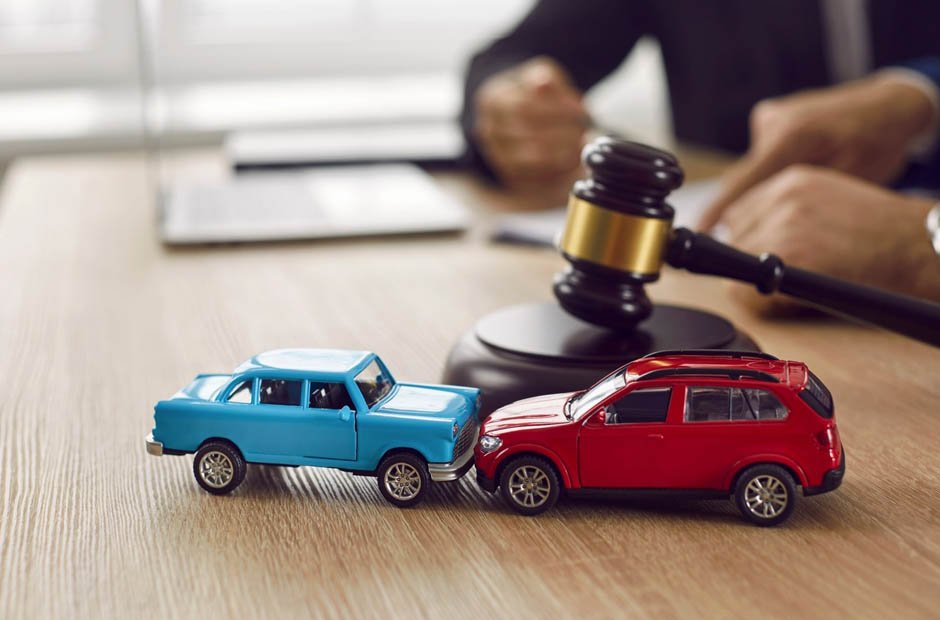Skip to the good bit
ToggleNo one leaves the house in the morning with the intention of getting into a car accident. Whether a motorist, cyclist or a pedestrian, though, the risk of involvement in such an accident is ever-present – a risk which accounts for over 80 injuries and five deaths each and every day.
While little can be done to prevent the completely unpredictable, a lot can be done about your response to such things. Knowing what to do in and after an accident is key, particularly when it comes to the money side of things. Insurance claims can be tough to navigate, as can the threat of further civil wranglings relating to personal injury. Here, we’ll look at some of the key dos and don’ts in relation to post-accident claims process, so you can feel more confident in the unfortunate event of experiencing an accident of your own.
DO Report the Accident Promptly
If you’ve been in a car accident, it’s important to not sit on your hands with regard to reporting it. Most incidents, even if they don’t seem especially serious from the outset, will require some form of medical presence, as well as police presence to conduct traffic and take statements.
Failing to notify your insurance company about the incident in a timely manner could also create issues for you further down the line. If you’re intending to make a civil claim with respect to personal injury, you are only legally able to do so within three years of the incident – and the sooner you do it, the better your potential outcome.
DO Document the Accident Thoroughly
The case for making such claims sooner rather than later relates to the information available to you about the accident. Time has a funny habit of messing with your memories, and it isn’t especially hard to misplace important information about the accident – chief amongst which should be documentation you diligently take in the immediate aftermath of the accident.
Where possible, you should be gathering eyewitness statements to corroborate your side of the story, and taking photos to document the accident as it happened. Whether or not you’re a motorist in your accident scenario, dash-cams can be a good source of evidence (either yours or a third party’s).
DON’T Admit Fault at the Scene
It is absolutely vital that you remain as neutral as possible when conducting business immediately after an accident. Emotions can make figuring out next steps difficult, and potentially antagonise others involved in the accident. Whether or not you were at fault in the accident, you should restrain yourself from accepting fault. If you do, your words could be used against you in counter-claims, or further claims could be tacked on to the existing dispute!







